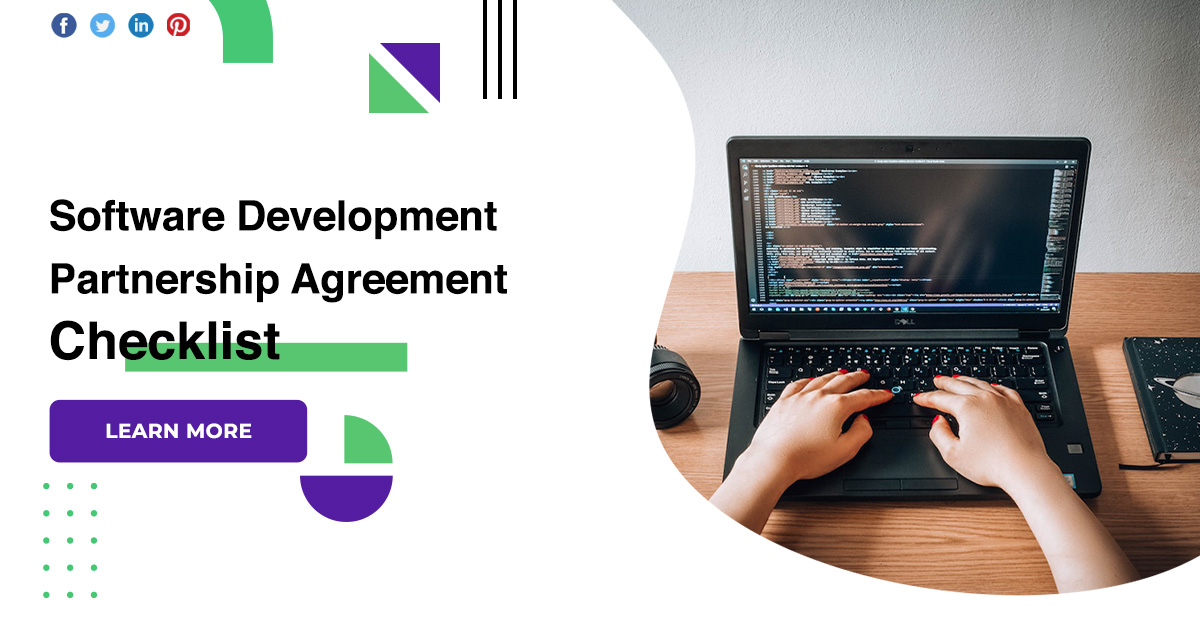Software Development Partnership Agreement Checklist
A software development partnership agreement sets out the legal obligations, rights and responsibilities of the parties, and also helps to clarify mutual expectations and improve communication from the very beginning of the partnership. A software development contract is an agreement between a service buyer and its service provider. A business and a software developer in which the former specifies its concepts and requirements and the latter agrees to create the software according to the specified terms in the contract.
Software development partnership agreement
Services and resources to be provided
The Software Affiliate Agreement specifies
- The nature of the services to be provided.
- Place and time of service delivery.
The contract may also define the scope of the project and the procedure for making changes to the technical specification or scope description. Such modifications are likely to affect the project schedule and cost and should always be agreed upon by both parties.
Deliveries and acceptance criteria
Before starting the process of developing such custom software, the software vendor and the customer work together to define the acceptance criteria for the desired application based on its system specifications. In fixed-budget contracts, the service provider sometimes receives a certificate of acceptance when the project is completed and the generated software meets all predefined requirements.
Prices and payment terms
In a fixed budget contract, this section defines the lump sum to be paid, whether it is to be paid in total or in installments and also when the payments are to be made. The agreement also states the frequency with which the vendor will notify or update the client on progress and may obligate the vendor to submit work logs to the client on a regular basis.
Intellectual property rights
It establishes who owns the intellectual property rights to the software created and is one of the most critical parts of the contract. It is vital to emphasize here that the final product is the customer’s property as much as possible. The customer thereby acquires exclusive ownership of all copyrighted products created by the vendor and when open-source software is deployed in the solution the customer has the right to deploy it for its intended purposes.
Confidentiality
This protects your business and software development business from disclosing sensitive information and trade secrets to other parties. Your business and software provider can agree on what data is considered sensitive and what the consequences will be if it is disclosed. If the confidentiality section contains a large amount of information, it can be expanded into a separate NDA between the parties or attached to the main custom software development agreement as an appendix.
Protection against non-compete
It is also advisable to ensure that your vendor cannot deliver a very similar solution to your competitor. A non-compete clause prevents the service provider from building a similar software solution for your competitor for a certain period of time after the project is completed.
Conclusion
To ensure a solid foundation for a strong partnership between the buyer and seller of software development services, it is a good idea to draft and sign a software partnership agreement that clearly sets out the key terms of cooperation between the parties.




![Software Development Scope Of Work [Template, Tips & Tools]](https://www.sataware.com/wp-content/uploads/2023/03/Software-Development-Scope-Of-Work-500x383.jpg)




